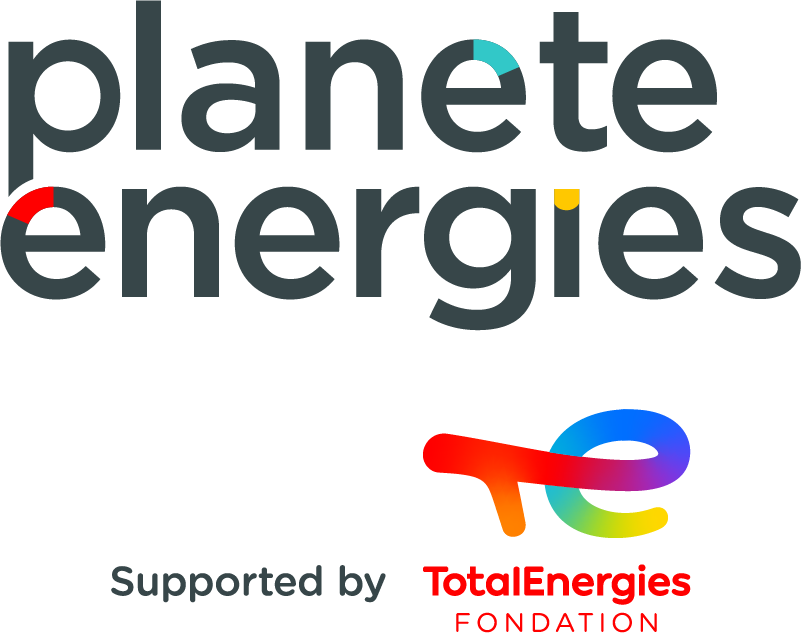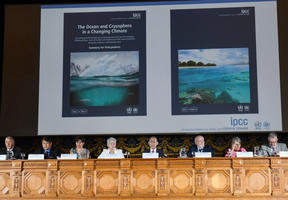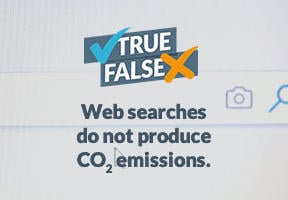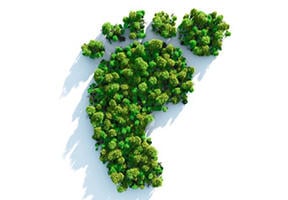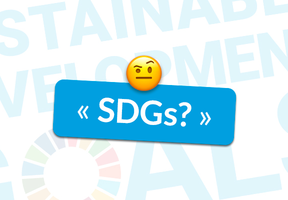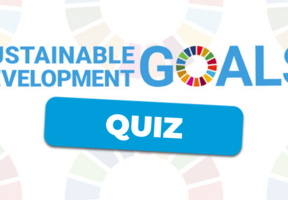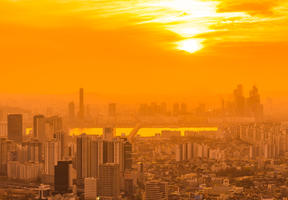Outcome of COP29 in Baku
5 min read
COP29, a major international conference on was held from November 11 to 22 in Baku, the capital of Azerbaijan, on the Caspian Sea. Many countries, including France, were disappointed with the decisions made at COP29, which came under fierce criticism from India and the African Group of Negotiators. Hopes of more efficient climate change measures are now focused on the COP30, to be held from November 10 to 21, 2025, in Belem, Brazil, on the edge of the Amazon rainforest. What were the main conclusions of COP29 after the often-heated debates? Let’s look at the outcome of COP29!

© RESUL REHIMOV / ANADOLU VIA AFP - Pre-COP29 held on October 10th 2024, ahead of the United Nations’ COP29 climate summit.
Financing Climate Change Actions
The first focus of work for COP29 was funding for developing countries, sometimes referred to as the “Global South”, poorer than the industrialized countries in the North and often more vulnerable to the initial effects of . The decision was made to triple public funding for them, raising it by 100 billion dollars to “at least” 300 billion per year, progressively by 2035 so that they can make their . Developing countries were asking for 1,300 billion dollars. “Too little, too late”, protested representatives from India and the African Group of Negotiators.
The figure of 1,300 billion is mentioned in the final text but includes all the potential private funding and taxes based on global solidarity, collected on maritime transport, air transport or wealthier members of the population. But such taxes are still on the drawing board...
National Pledges
Since the Paris Agreement signed in 2015 at COP21, all the countries have to state their objectives and resources for reducing their greenhouse gas emissions. These are called ‘nationally-determined contributions’ and have to be reviewed every five years. COP29 made no progress at all on the issue, which will therefore be back on the agenda at COP30 in Belem, Brazil, in November 2025.
The main agreements at COP29 on climate change goals made no progress on the issue of the “exit from fossil fuels”. COP28 in Dubai made a small step forward by evoking a “transition away from fossil fuels”. In short, the phrase was not used in the final draft from the Baku conference, and yet these semantic subtleties are very important in the COP debates: small steps forward always create a better impression than no progress at all…
The COP, an International United Nations Initiative
Here’s a quick reminder of the principle of the COP. At the 1992 Rio Summit, the United Nations adopted a Framework Convention to combat climate change (UNFCC). It federates 197 “parties”, including all the countries in the world. Every year since 1995, a “Conference Of Parties” (COP) is organized in a different region of the world. The COP brings together government delegates from all over the world. Thousands of representatives from the cities, companies, and citizen associations are also meeting on the fringes of this event.
The Baku disappointment comes as no surprise in a generally pessimistic atmosphere. The election of Donald Trump as President of the United States bodes for the withdrawal of US pledges for climate change action. With the crises in Ukraine and the Middle East, geopolitical tensions are running high and are likely to overshadow climate change concerns. And yet the temperature is rising a little higher every year in many parts of the world.
How Can I Get Involved in Climate Change Action as a High School Student?
Citizens are entitled to attend COP conferences, but the best option is to go and see the many different associations and NGO (Non Governmental Organizations) working to combat climate change. You can also start to follow the preparations for COP30 on the sites of the NGO involved, and on the Brazilian government website.
